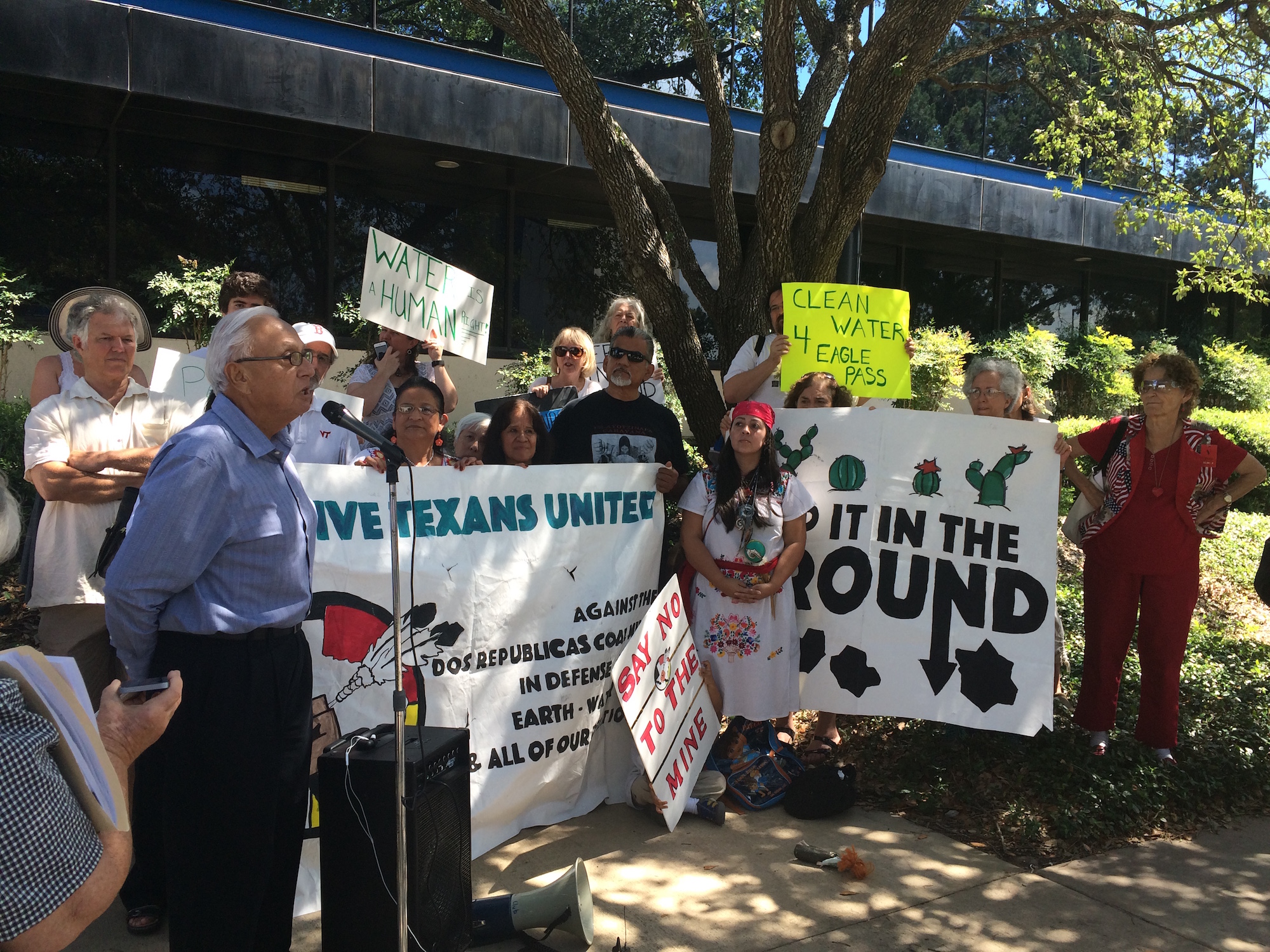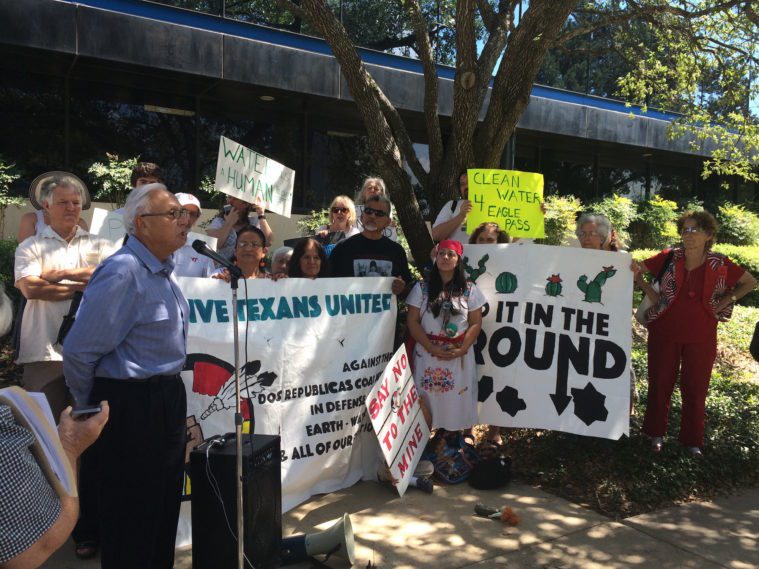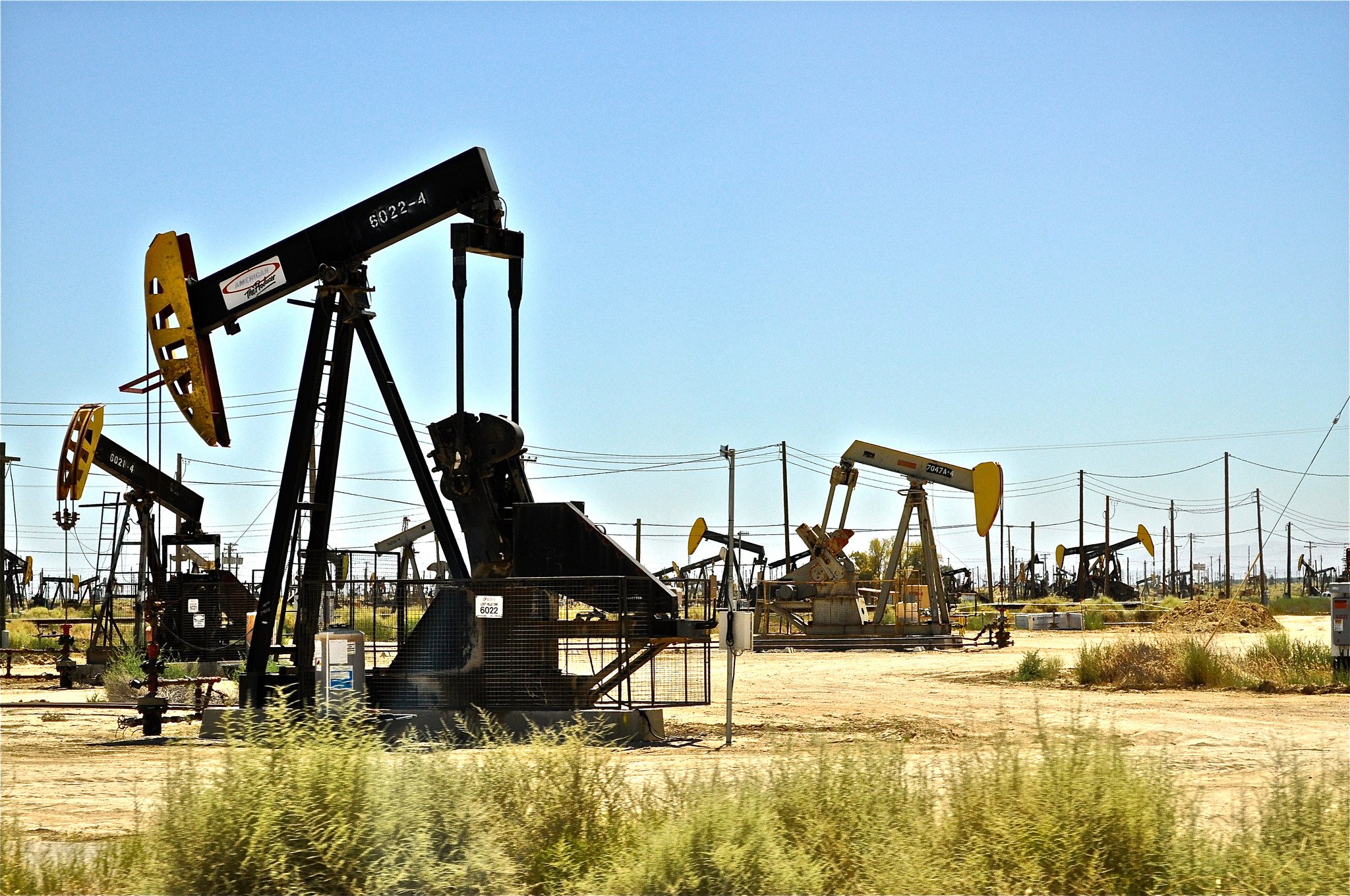
Public Comment Bill is Latest GOP Effort to Chip Away at Public Participation
In 2015, the Texas Legislature shifted the burden of proof in opposing permits from the company to the public.


There are few constants in life. Among them is the Texas Legislature’s efforts to limit the ways in which Texans can protest polluting facilities. Every two years, state lawmakers descend on the Capitol and try to push a slew of bills gutting the few opportunities the public has to block polluting plants. And, every session, the beleaguered environmental community indignantly protests the legislation. Most of the bills fail, some pass.
In 2015, for example, Senator Troy Fraser, a now-retired Republican from affluent Horseshoe Bay, floated legislation to put a cap on the duration of hearings from 18 months to six months at the State Office of Administrative Hearings, an agency that holds trial-like proceedings for contested cases. The bill also shifted the burden of proof from the company to citizens and groups challenging a permit. Never mind that only about 1 percent of all permit applications to the Texas Commission on Environmental Quality (TCEQ) are contested. And opponents rarely succeed in blocking the facility or winning concessions. At the time, the EPA argued the bill would “interfere with federal requirements” and environmental advocates slammed lawmakers for siding with polluters. Still, the bill passed both the House and Senate — with some Democratic support — and was signed into law by Governor Greg Abbott.
Other bills introduced in the last session by Republican lawmakers also sought to make it easier for corporations to secure environmental permits, all under the guise of “streamlining” the process to reduce the regulatory burden on businesses and ensure they choose to invest in Texas over neighboring states. Texas is already known for a lax, business-friendly regulatory environment. Unlike other states, where zoning boards have authority outside of city limits and can dictate where industrial facilities are built, the permitting process at TCEQ is the only opportunity for Texans to oppose polluting plants from being built in their communities.
“Over the last decade or so the Legislature has slowly been chipping away at opportunities for public notice and public participation,” says Ilan Levin, an attorney with the nonprofit Environmental Integrity Project.

This session is no different. Senator Craig Estes, R-Wichita Falls, filed a bill in March to allow TCEQ to consolidate the two 30-day comment periods currently required by law and halve the time available to Texans to protest a permit. The bill passed 6-1 out of the Senate Natural Resources and Economic Development Committee, which Estes chairs, on Thursday.
Estes, who told the Observer earlier this month that the bill “actually increases meaningful public participation” while simultaneously “eliminating meaningless red tape for business owners,” has received at least $60,000 over the last year from chemical and manufacturing industry groups, according to state campaign finance records.
Because companies often meet with agency officials to discuss applications before they’re submitted, Levin said an applicant could work out the details before comments are submitted, further minimizing the time the public has to weigh in.
“It could be easy to avoid any public scrutiny,” Levin said. “They could sit down with the state and hammer out all the details and work things out [beforehand]. That’s normal and encouraged by TCEQ.”
Currently, the two comment periods aren’t consecutive, giving residents time to organize or gather more information about the permit. For people who haven’t fought an industrial facility, the rules can be arcane and hard to follow. Additional time gives citizens an opportunity to provide informed comments, he said. Of course, that may be the point of the bill — public participation can be so inconvenient.


